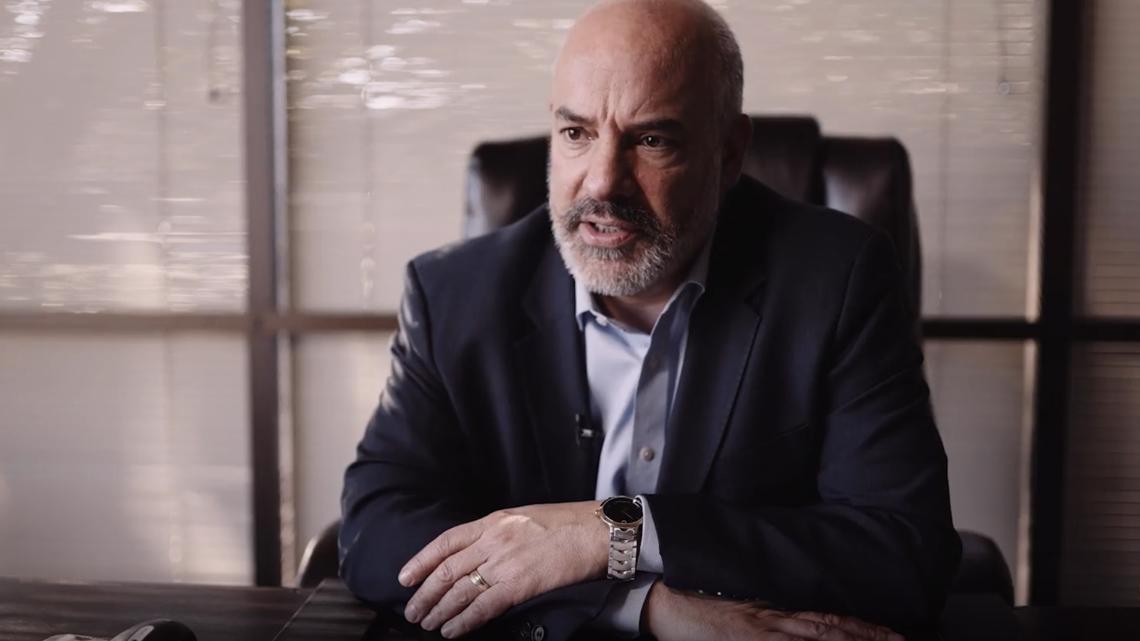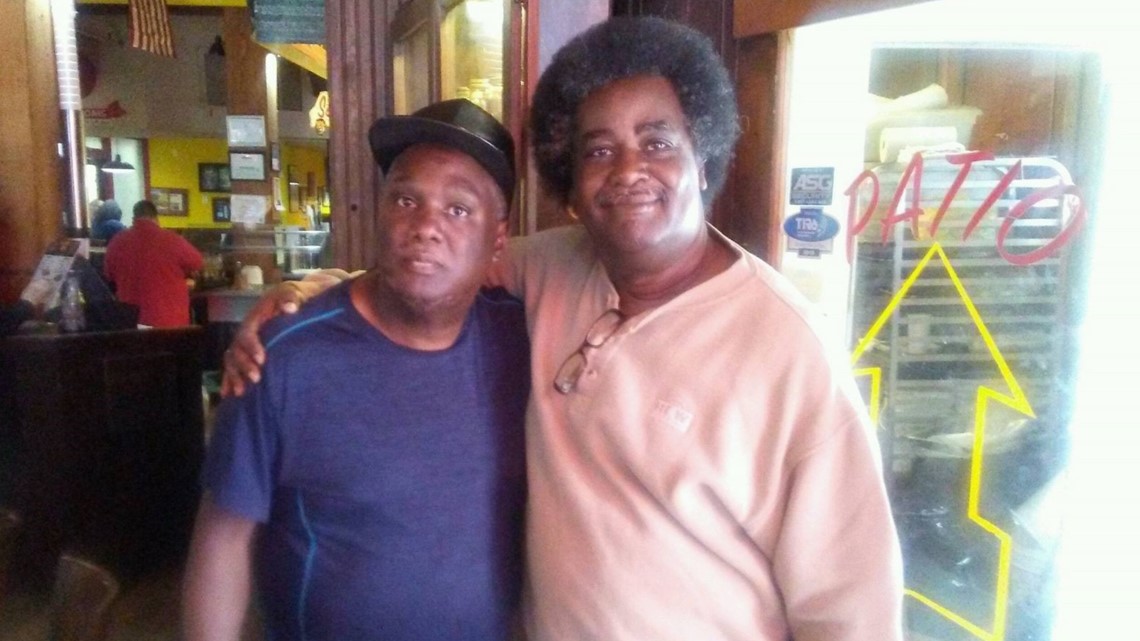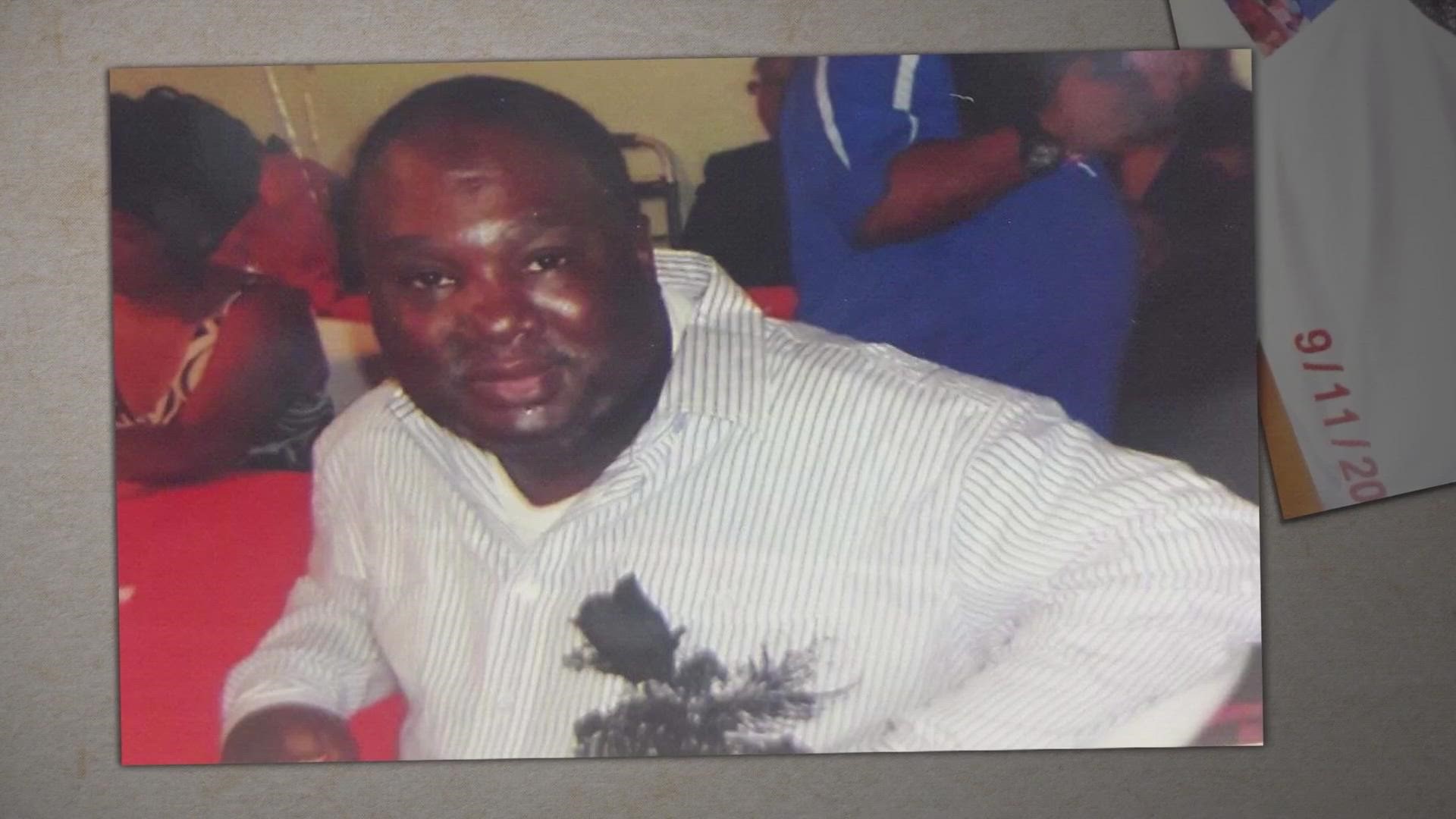ARLINGTON, Texas — In life, Leroy Anderson needed others to care for him.
Anderson had the intellect of a 10-year-old. He was also diabetic, schizophrenic and bipolar.
He lived in what’s called a group home, here in Dallas. His caretaker was paid by the state.
In 2018, the 49-year-old went into a diabetic coma and died. What his family learned after his death left them speechless.
Four years ago, WFAA reported that Anderson’s group homeowner, and not his family, was about to collect his $50,000 life insurance payout after he died – revealing a loophole in the law.
State Rep. Chris Turner (D-Arlington) is now working to change that.
“When I saw that report, I was astounded,” Turner told WFAA in a recent interview. “I could not fathom that it was legal.”


He has proposed legislation that would ban a caretaker at a group home or other similar facilities from getting a life insurance payout on a non-relative.
"It's a tremendous conflict of interest, and should not be allowed,” the lawmaker said.
Hospital records show that over a two-day period in July 2018, Anderson’s health rapidly declined in a group home run by Trace Henderson.
Henderson's workers told doctors Anderson went through a "manic episode” and hadn’t been “eating much” for several days, records show.
One day, workers reported that Anderson stayed "in bed all day and staff assumed he was sleeping,” records show.
They said Anderson seemed "normal" when they checked on him at bedtime, but he was found in the "same position" the next morning and wouldn't wake up, records show.
An ambulance rushed him to a hospital.
Anderson died the next day. An autopsy concluded he died of natural causes.
His uncle, David Hunt had been the primary beneficiary on Anderson’s life insurance policy.


But months before Anderson died, the primary beneficiary of the policy changed to Henderson.
Henderson owns A Champion Home and Community Based Services, which operated the group home where Anderson lived.
Anderson’s therapy notes describe him as having a "child's mind" and "diminished mental capacity."
Still, because Anderson’s family had not filed court paperwork to make legal decisions for him, the law said he could make his own so he was the only person who could make the policy change.
In a 2019 email, Henderson said that he could not “comment on specifics of any case due to confidentiality."
“We would like the world to know about the kind soul that was Leroy Anderson,” he added. “Over the past three years Mr. Anderson became like family to us, his smile, soft spoken voice would light up a room. He loved gospel music and eating Mexican food. He has friends here that miss him dearly.”
His email also made an apparent reference to Hunt.
“What is more disheartening than his passing is that distant relatives who had NO interest in his well-being in life, now seek to exploit his death,” the email said.
Hunt called that a “big lie.”
Hunt said he frequently had a hard time contacting Anderson, and he believes A Champion tried to keep Anderson away from him and other family members.
“Leroy was just another paycheck for them,” Hunt said.
The life insurance company filed a lawsuit seeking to determine who should get Anderson $50,000 payout.
The case settled out of court.
Out of a $50,000 policy, Hunt says the family ended up with about $12,000.
“You're already getting paid to do your job as owner of this group home, it just wasn't right,” Hunt said in a recent interview.
In a new statement to WFAA this year, Henderson wrote that “A Champion has never taken out a life insurance policy on any of the individuals we serve, including Leroy.”
“We were however reimbursed for legal fees and the cost of his funeral arrangements totaling around $5,000 from a preexisting policy originally taken out by Leroy’s late mother,” the statement said.
The statement says the legislation “does not take into consideration that providers are often tasked with ensuring the individuals who we care for are given the same final respects as everyone else. This bill may prevent a consumer’s final wishes from being carried out by disallowing the only family or friend that individual may have had from seeing those wishes through.”
Based in large part on WFAA’s reporting, Turner has proposed a package of legislation that would:
- Ban firearms in group homes after WFAA highlighted the story of Joshua Moore, who was shot and killed by his caretaker and later cleared.
- Require national background checks those taking care of the intellectually disabled after our story on Raul Olguin, whose caretaker did not disclose a federal criminal conviction to Texas officials.
- Suspend caregivers under investigation for abuse, neglect and exploitation after our story on Paul Taylor highlighted the problem.
Email investigates@wfaa.com

